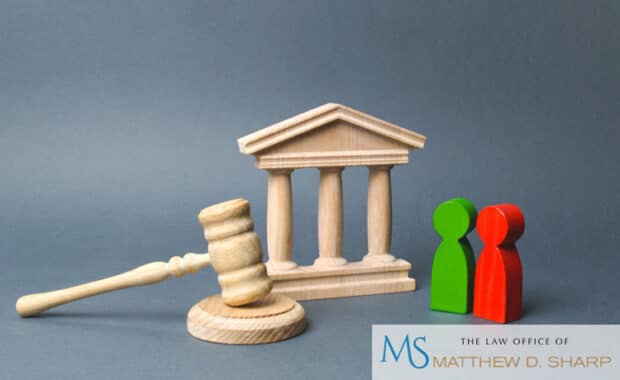The majority of criminal cases end when defendants agree to accept plea bargains. A defendant may plead guilty in exchange for diminished charges or a lighter criminal sentence than he would receive if he proceeds with a court trial. Additionally, the prosecution and the court benefit because they do not have to put up with the high costs and time of a trial.
When defendants plead guilty, they are automatically convicted of their crimes and receive some sort of punishment. Defendants who enter guilty pleas usually waive their rights to appeal. However, defendants who use conditional pleas may preserve their rights to appeal certain legal issues.
How to Enter a Conditional Plea
The first step in accepting a conditional plea is getting it approved by the court. If the conditional plea is accepted, a defendant may request for a certain issue to be brought before the court of appeals. In some cases, the prosecution or the judge may reject a conditional plea.
If the court of appeals (also known as the appellate court) sides with the defendant, the defendant is allowed to withdraw his guilty plea and proceed to trial. If the appellate court disagrees with a defendant, his guilty plea is enforced, and he must face conviction and sentencing.
Issues That May be Appealed
A defendant may have several issues to appeal. A ruling in his favor can make the difference between his release and his conviction. Here are some of the issues that can be appealed by a defendant:
- The defendant was denied a speedy trial.
- The statute of limitations has been exceeded on the crime in question.
- The police conducted a search that was not supported by a warrant, probable cause or consent.
- During the trial, there were pieces of evidence that the defendant believes should not have been presented.
Writing the Conditional Plea
For a conditional plea to be valid, it should be in writing. It must also specify each and every issue that the defendant wants to appeal.
In rare cases, a written plea may not be required. For example, if prosecutors never disputed the conditionality of the plea, a conditional plea does not have to be in writing. In addition, a written plea may be unnecessary if records clearly indicate that the judge or prosecution agreed to a conditional plea.
Consult with The Law Office of Matthew D. Sharp if you would like to learn more about conditional pleas.




